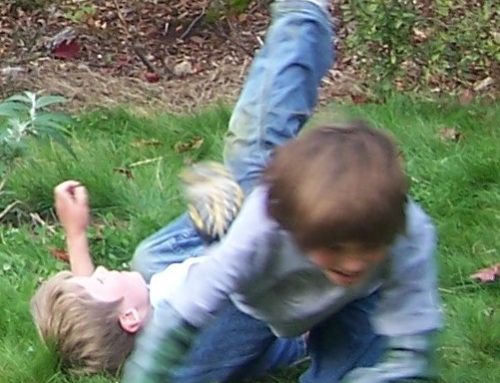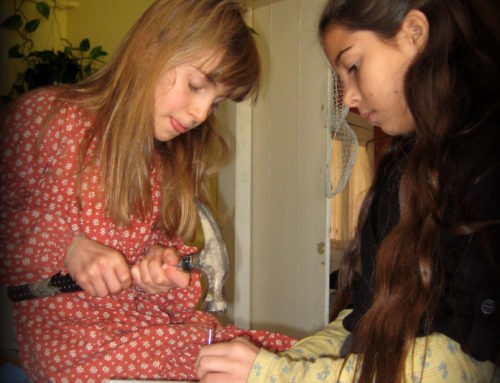Listening for What Kids Really Need
So how do we really listen to what kids are needing, not just at the surface but at the deeper levels of their being? If, as Marshall Rosenberg and Compassionate Communication (NVC) assert, human behavior is really an expression of met or un-met needs and all anyone is ever doing is trying to meet their needs, what is a person’s behavior really saying and communicating? I am seeking to understand kids’ behavior from this deeper place of what they are really needing. So many times I have seen kids act in certain ways or get upset over certain things that have little to do with the real source of the upsetness. Louise Dietzel writes that “Sometimes behavior invites the opposite of what the person is needing”. The real issue is often much deeper and more emotional than the surface level issue. I know this from my own experience of responding to kids not just at the surface of their actions but at deeper emotional levels.
Responding to needs underneath behavior
There was a boy I worked with who would “act out” in various ways. Other teachers attempted to address and redirect or “correct” specific behavior and mostly found him to be difficult. I sensed that I could read in him a deep need for love, attention and kindness. So often he would be sort of punchy and uncooperative, and not really talk. As soon as I gave him a little love and attention his behavior completely changed. I would say things like, “do you just want some attention? Do you just want someone to play with?” (With care and tenderness in my voice.) Maybe I would pick him up and spin him around (if we were outside) or give him a hug. He would soon get a smile on his face and start laughing and talking and playing again. This little boy so ached to be accepted and loved. I have had many similar experiences in other situations where, to me, it is apparent that the conflict or issue at hand is not what is really going on. Thomas Gordon illustrates that if we can really listen to children rather than jumping in with parental advice, analysis and solution then we are much more likely to discover what is really going on for a person. Often, I have been able to connect with the deeper issue and see a real shift in the person. This brings to mind how important it is to listen and to be present, to attempt to understand what is really going on and to be in-tune with the kids in your life and what they really need.
Needs, as understood in Compassionate Communication (NVC) are universal- needs we as human beings share- that when met add to our sense of well-being and fulfillment and when not met, detract from it. A need never has another person’s name attached to it. We often confuse our strategies for meeting our needs with the needs themselves. Our feelings emerge in response to our needs being met or unmet.
list of NEEDS we all share as human beings
FEELINGS when our needs ARE NOT met
FEELINGS when our needs ARE met
Try this– The next time someone is behaving (kid or adult) in a way that you do not enjoy see if you can guess what they might be needing in that moment. (You can use the NEEDS list for help) You can do this just inside yourself, or if the space and relationship allow, check it out with the other person or act on your hunch and see how they respond.
OR When someone says or does something that you don’t enjoy, see if you can connect to the needs you have that were not met in that interaction.
I’d love to hear how it goes and what you discover. I love reading your comments, so I invite you to leave one below!


I love the idea of looking for needs beneath the surface–this is inspiring. Lee
Excellent reminder to look at the unmet needs below the surface. Enjoyed your list of needs and values attached. I am curious where you got the list of needs? Did it include self realization?
You make some really great points. When you look deeper you come closer to finding the truth.